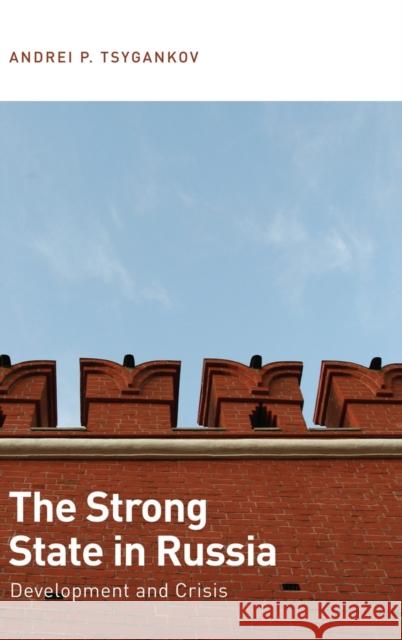The Strong State in Russia: Development and Crisis » książka
topmenu
The Strong State in Russia: Development and Crisis
ISBN-13: 9780199336203 / Angielski / Twarda / 2014 / 272 str.
The Russian state presents a mystery to outside observers. Although Russia was the site of some of the last century's most radical upheavals, and although Russian governments are usually characterized by autocracy, corruption, and political decay, the central government has retained a remarkable hold on the vast country. Does its historical progress represent change, or continuity? How has the political culture molded the expectations and behavior of the Russian people over time? What features of the Russian state are the keys to understanding it?
The Strong State in Russia provides a succinct account of Russia's "strong state" model by reviewing the external and internal contexts in each major period and tracing its evolution over time. Every era saw the emergence and growth of a strong state as well as a subsequent decline, but in each the contexts combined in unique ways to produce very different political outcomes. Tsygankov argues that while the Western perspective on Russia is limited, there is an alternative way of thinking about the nation and its problems. Despite focusing on the contemporary Russian state, the book situates it in a broader historical continuity and explains that the roots of its development can be found in the Tsar's autocratic system. Russia's strong state has evolved and survived throughout centuries, and that alone suggests its historical vitality and possible future revival. From this perspective, the central scholarly question is not whether Russia will recreate a strong state, but, rather, what kind of a strong state it will be, and under which circumstances it will likely function.










